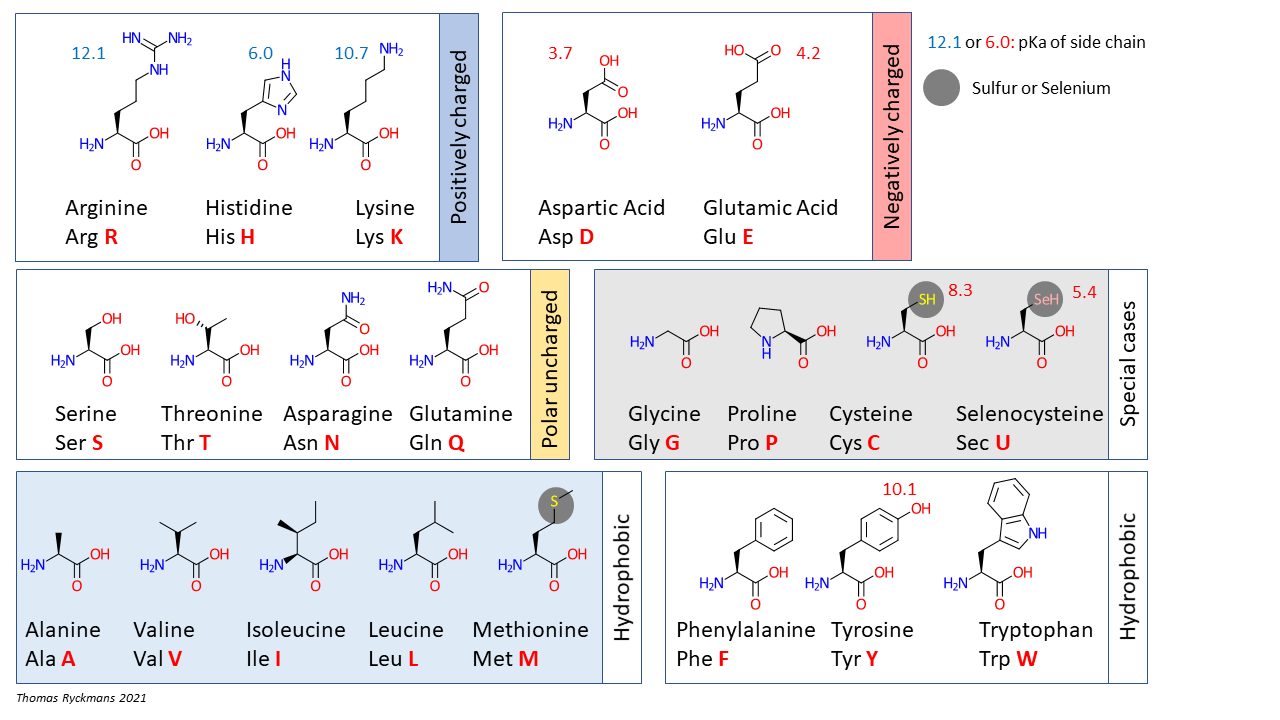Glycine: The Powerhouse Amino Acid

When it comes to amino acids, we often hear about the importance of protein and its building blocks for muscle growth and repair. However, there's one amino acid that deserves more attention: glycine. Not only is it essential for protein synthesis, but it's also a precursor for several key metabolites that are critical for various bodily functions.
In this article, we'll explore the various roles of glycine in the body and how it contributes to the production of important metabolites such as creatine, glutathione, haem, purines, porphyrins, NADH, and methylation cofactor. You may be surprised at just how powerful this little amino acid can be!
FURTHER READING AND RESEARCH
What is Glycine?
Glycine is a non-essential amino acid, meaning that it can be synthesized in the body from other amino acids. It's involved in many different bodily functions, including the production of collagen, a protein that gives skin its elasticity, as well as the synthesis of neurotransmitters that regulate mood and sleep.
However, one of the most important functions of glycine is its role as a precursor for several key metabolites. Let's take a closer look at these metabolites and why they're so important.
Creatine
Creatine is a molecule that's synthesized in the liver and kidneys from three amino acids: glycine, arginine, and methionine. It's stored in muscles and used as a source of energy during high-intensity exercise.
Supplementing with creatine has been shown to improve athletic performance, increase muscle mass, and even enhance cognitive function. However, the body's ability to produce creatine is limited by the availability of its precursors, including glycine.
Glutathione
Glutathione is a powerful antioxidant that's essential for the body's defense against oxidative stress. It's made up of three amino acids: glycine, cysteine, and glutamine.
Low levels of glutathione have been associated with a range of health problems, including chronic fatigue syndrome, Alzheimer's disease, and Parkinson's disease. Supplementing with glycine may help to increase glutathione levels and protect against oxidative damage.
Haem
Purines
Purines are the building blocks of DNA and RNA, the genetic material that contains the instructions for all cellular processes. They're also involved in the production of energy and the regulation of cell signaling pathways.
Glycine is involved in the synthesis of purines, and a deficiency in this amino acid can lead to impaired DNA replication and repair, as well as a range of other health problems.
Porphyrins
Porphyrins are molecules that are involved in the production of heme, chlorophyll, and other important compounds in the body. They're also involved in the metabolism of drugs and other substances.
Glycine is required for the synthesis of porphyrins, and a deficiency in this amino acid can lead to a range of health problems, including porphyria, a group of rare genetic disorders.
NADH
NADH (Nicotinamide Adenine Dinucleotide Hydride) is a coenzyme that plays a crucial role in cellular metabolism. It is involved in the process of converting food into energy and is essential for many biological reactions. NADH is a powerful antioxidant that helps protect cells from damage caused by free radicals. It is also important for the production of ATP, which is the primary energy source for the body.
Glycine has been shown to increase the levels of NADH in the body, which can have a positive impact on energy production and overall health. Studies have demonstrated that supplementing with glycine can increase the levels of NADH in the brain, which may help improve cognitive function and memory.
Methylation Cofactor
Glycine is also a precursor for the synthesis of S-adenosylmethionine (SAMe), which is an important methyl donor in the body. Methylation is a process that involves the transfer of a methyl group from SAMe to other molecules, including DNA, RNA, and proteins. Methylation is involved in the regulation of gene expression, protein function, and other important cellular processes.
SAMe is involved in the methylation of DNA, which can affect gene expression and play a role in the development of various diseases. Studies have shown that SAMe supplementation can help improve symptoms of depression and osteoarthritis.
Glycine has also been shown to increase glutathione levels in the body, which is an important antioxidant. Glutathione helps protect cells from damage caused by free radicals and plays a role in detoxification.
To sum it up, glycine is a non-essential amino acid that plays a crucial role in many biological processes in the body. It is a precursor for the synthesis of key metabolites such as creatine, glutathione, haem, purines, porphyrins, NADH, and methylation cofactor. Glycine supplementation has been shown to have various health benefits, including improving sleep quality, reducing inflammation, and improving cognitive function. Additionally, glycine may play a role in improving athletic performance by increasing creatine levels and reducing muscle damage.
Overall, incorporating glycine into your diet or taking glycine supplements may have numerous benefits for your health and fitness. However, it is important to talk to your healthcare provider before starting any new supplement regimen.

